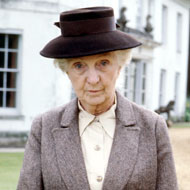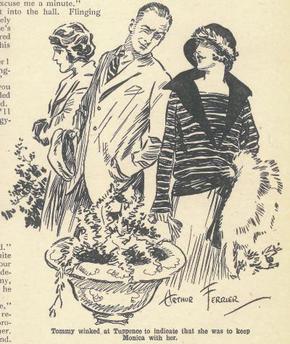I am mostly writing this to help me remember. My brain is terrible at holding onto these details.
In the spring of 2011, I was querying my completed MG fantasy, and researching and outlining a YA fantasy, as well as working on a children’s fantasy. Plenty of projects, especially when one considers that I had two toddlers at the time, one with whom I was starting preschool at home, the other of whom was potty-training.
And yet … I hated all my projects. Every time I re-read them, they seemed grimmer and more bleak. I have never been a dark writer, and I couldn’t figure out why what I was writing was so gloomy (I did find out soon afterward that I was on my way to a nervous breakdown, and though I was never diagnosed officially, I’m pretty sure I also had a mild case of depression – if not that, then at least severe despondency).
So one night, I tossed aside all my projects. Put away my research books. And I decided to write something for sheer fun, without even caring if it got published or not.
I’ve always adored Tommy and Tuppence (Agatha Christie’s creations), and any other male-and-female teams of adventurers/mystery solvers. Kate and Thomas, Cecy and James from Wrede and Stevermer’s Regency fantasy series also come to mind.
I decided to write an adventure story set in the 1920s, mostly because (thanks to LM Montgomery and her Rilla of Ingleside) I’ve always been fascinated by WWI and especially the between-war period. It would have to be in England, of course, because anything that an Anglophile writes for fun is going to be set in Great Britain. And just for some extra amusement, I’d throw magic into the mix. I knew I wanted a gentleman-and-lady team, like Tommy and Tuppence, except I wanted the lady to be the steady, practical one, and the gentleman to be the one who worked more off his impulses and instincts. I love turning tropes on their heads.
I had a few false starts, but eventually my characters and I came to an agreement about their personalities and roles, and the story sprang to life under my fingers. I set aside the research for that YA fantasy. I put the finished MG fantasy aside to look at and revise at a later time. I forgot completely about the children’s fantasy.
Most importantly, I had fun. I remembered why I loved writing. I even bought the first season of Downton Abbey (I had steadfastly resisted getting sucked in up to that point) as “background research,” and was hugely amused and somewhat miffed at some of the parallels between those characters and mine.
Maia and Len and all the rest took over my writing life. And I did not resist. The story that I started just for fun, with no thought of eventual publication, eventually became the story I am planning on publishing this spring or summer, whenever I finish the last bit of polishing. It spurred me to write If This Be Magic & The Traitor and the Spy, two short stories set in the same universe but featuring different characters.
Just a few short weeks ago, I sat down to do something else entirely, and suddenly the entire plot for a prequel unrolled in my brain. I frantically scribbled down the outline and started working – again, just for fun! – on a rough draft of that. That story is now spurring me to hurry up and finish editing Maia and Len’s current tale so I can work undisturbed on that one.
And just recently, I’ve started thinking about those three abandoned stories again, and wondering if I can give them another shot, make something less-grim of them.
The moral of this story is obvious – write for love, not for business. But I’m not recording it here as a moralistic warning to myself or anyone else. I’m writing it because it inspires me, that my best work to date sprang from writing for pure pleasure, and it helped to bring joy back into my life when I was in a very dark place. Just as the darkness in my personal life had been affecting my writing, when I started writing determined to just love it, that bled over into my personal life, and helped to bring me through that bleak tunnel.
I’m not even going to attempt sending Magic & Mayhem, Maia and Len’s tale, to a traditional publisher. Everything about this story has been personal, and I think the publishing part of it should be as well. I’m going to have it professionally edited, of course! But I’m not going to risk losing some of its joy by dealing with queries, rejections, changes, frustrations, and all the rest involved in traditional publishing.
An unprofessional decision? Yeah, probably. But being unprofessional was what brought this book to life. I’m not going to change that now. I have an entire career ahead of me to be professional in. I think I can afford to indulge my whims a little right now, before that career takes off.
Maia and Len are utterly unconventional. Their creator ought to be, as well.








